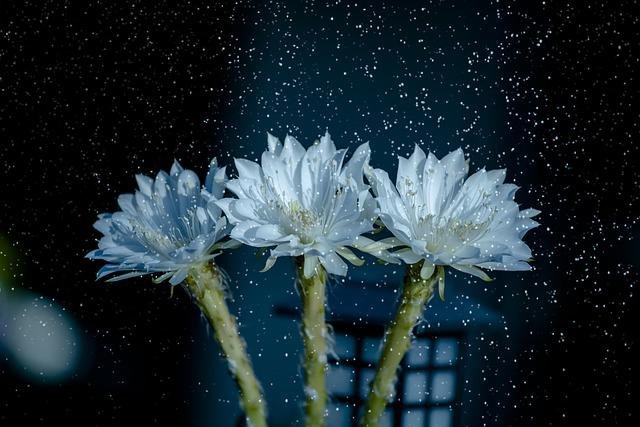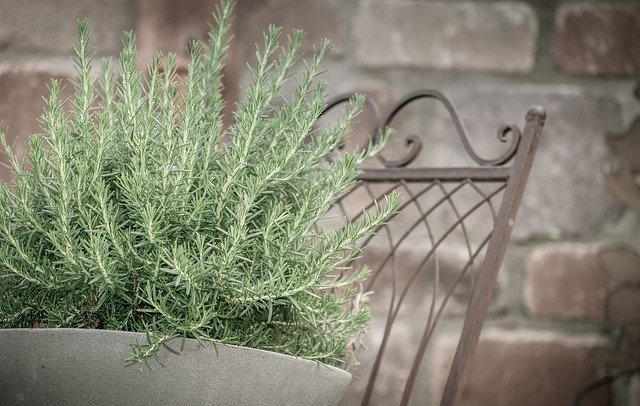Yes, it is ok to water plants at night. In fact, watering plants at night can be better than during the day because it helps retain more moisture in the soil. This is due to the cooler temperatures at night, which causes less water evaporation. Additionally, watering plants at night can help prevent leaf scorching from the sun.
However, it is important to make sure that you do not overwater your plants, as this can lead to problems such as root rot. If you are unsure how much water your plants need, it is best to err on the side of caution and give them a little less water than you think they need. Also, be sure to check the forecast before watering your plants at night, as you don’t want to accidentally give them a soaking if rain is in the forecast for the next day.

One of the most common questions gardeners have is whether it is better to water their plants in the morning or evening. The answer, however, is not always simple.
Table of Contents
There are actually several benefits to watering them at night.
For one thing, nighttime watering helps to reduce evaporation, since the cooler evening air retains more moisture than the warm daytime air.
This means that more water will be able to reach the roots of the plant, where it can be used to support growth. watering plants at night can provide them with the hydration they need to stay healthy and thrive.
Additionally, watering at night gives the water a chance to seep deep into the soil, where it can do the most good. The roots of plants are also better able to absorb water during the cooler hours of the day.
While it might seem like a good idea to water plants at night, there are actually several disadvantages to this approach.
First of all, it increases the risk of fungal growth. Fungi thrive in moist, dark environments, and watering plants at night provides the perfect conditions for them to flourish. As a result, your plants may be more susceptible to diseases such as powdery mildew and black spot.
In addition, watering at night can also lead to leaf drops. When water droplets accumulate on leaves, they can cause the leaves to become damaged and fall off.
finally, watering plants at night can encourage pests such as slugs and snails to take up residence in your garden. These creatures are attracted to damp conditions, and they can do a lot of damage to your plants if left unchecked.
Watering plants during the day has a number of benefits compared to water at night.
One of the main benefits is that it helps to reduce evaporation. When water evaporates from the leaves, it takes with it some of the plant’s essential nutrients. This can lead to stunted growth and reduced yields.
Watering during the day also allows the leaves to dry more quickly, which reduces the risk of fungal diseases.
Another benefit of watering during the day is that it encourages deeper root growth. Plants that are watered at night tend to have shallower roots, which makes them more susceptible to drought stress.
Ultimately, watering during the day is beneficial for both the plant and the soil. It helps to keep the plant healthy and also prevents soil erosion.

While it may be tempting to water your plants during the day, there are several reasons why this is not always a good idea.
For one thing, evaporation can cause a significant amount of water to be lost before it has a chance to reach the roots. Additionally, the sun can heat the water, causing it to expand and damage delicate plant tissues.
Furthermore, water droplets on leaves can act like magnifying glasses and scorch the leaf surface. This can lead to leaf drop and reduced plant vigor.
In general, If you must water during the day, always do so in the morning, and be sure to water early enough so that the leaves have a chance to dry out before nightfall. This minimizes the risk of fungal diseases and leaf scorch, and it also helps to reduce evaporation.

Gardening is my passion and growing plants indoors has always been a stress relief for me. Grow a banana tree in my apartment once (although failed to produce bananas).






